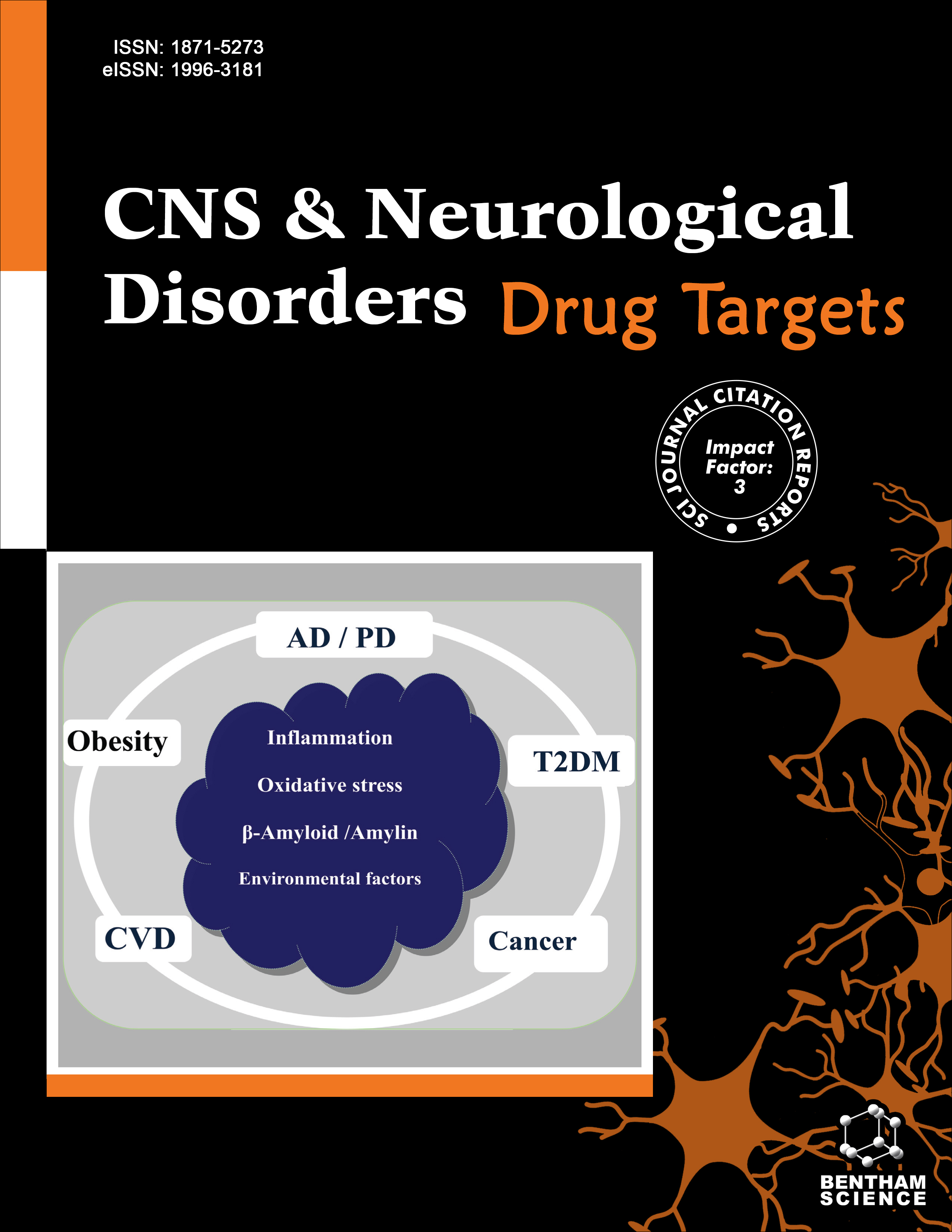
Full text loading...

Motor neuron disorders (MNDs), including ALS, are deadly neurodegenerative conditions that cause progressive motor neuron degeneration. With neuroprotection and the potential for neuron regeneration employing MSCs, ESCs, iPSCs, and NSCs, stem cell treatment presents a viable alternative to current medicines, which only control a limited number of symptoms. Following PRISMA criteria, this narrative review methodically screened 1248 records from the Cochrane, Web of Science, PubMed, and Scopus databases. Following a thorough screening process, 22 studies, including preclinical models and 19 clinical trials, were analysed to assess the therapeutic mechanisms, safety, and efficacy of stem cell therapies for MNDs. Mesenchymal stem cell (MSC) therapy has shown a promising safety profile and possible therapeutic efficacy in ALS, with no substantial transplant-related toxicity noted. ALS functional rating scale-revised (ALSFRS-R) scores and forced vital capacity (FVC) assessments from clinical trials, such as those evaluating autologous bone marrow-derived MSCs, demonstrated stabilisation in ALS development. Studies have also emphasised as to how immunomodulation and neurotrophic factors play a part in MSC-based therapies. Recent data indicate that repeated intrathecal MSC injection could extend the duration of therapeutic advantages. Clinical trials have shown safety and early efficacy signals for motor neurons produced from embryonic stem cells (ESCs), especially using AstroRx®. This suggests that ESCs could be a viable option for regenerative medicine. Nonetheless, issues, like host integration and differentiation optimisation, still exist. Although clinical translation is still in its early stages, induced pluripotent stem cells (iPSCs) and their derivatives provide disease modelling and patient-specific therapeutic applications. Stem cell therapy holds promise for treating MND, with MSCs leading the way in current trials. It is necessary to enhance ESC- and iPSC-based techniques to tackle integration issues. To ensure long-term safety and efficacy, therapies must be developed using standardised protocols, patient stratification, optimised delivery, and large-scale studies.

Article metrics loading...

Full text loading...
References


Data & Media loading...